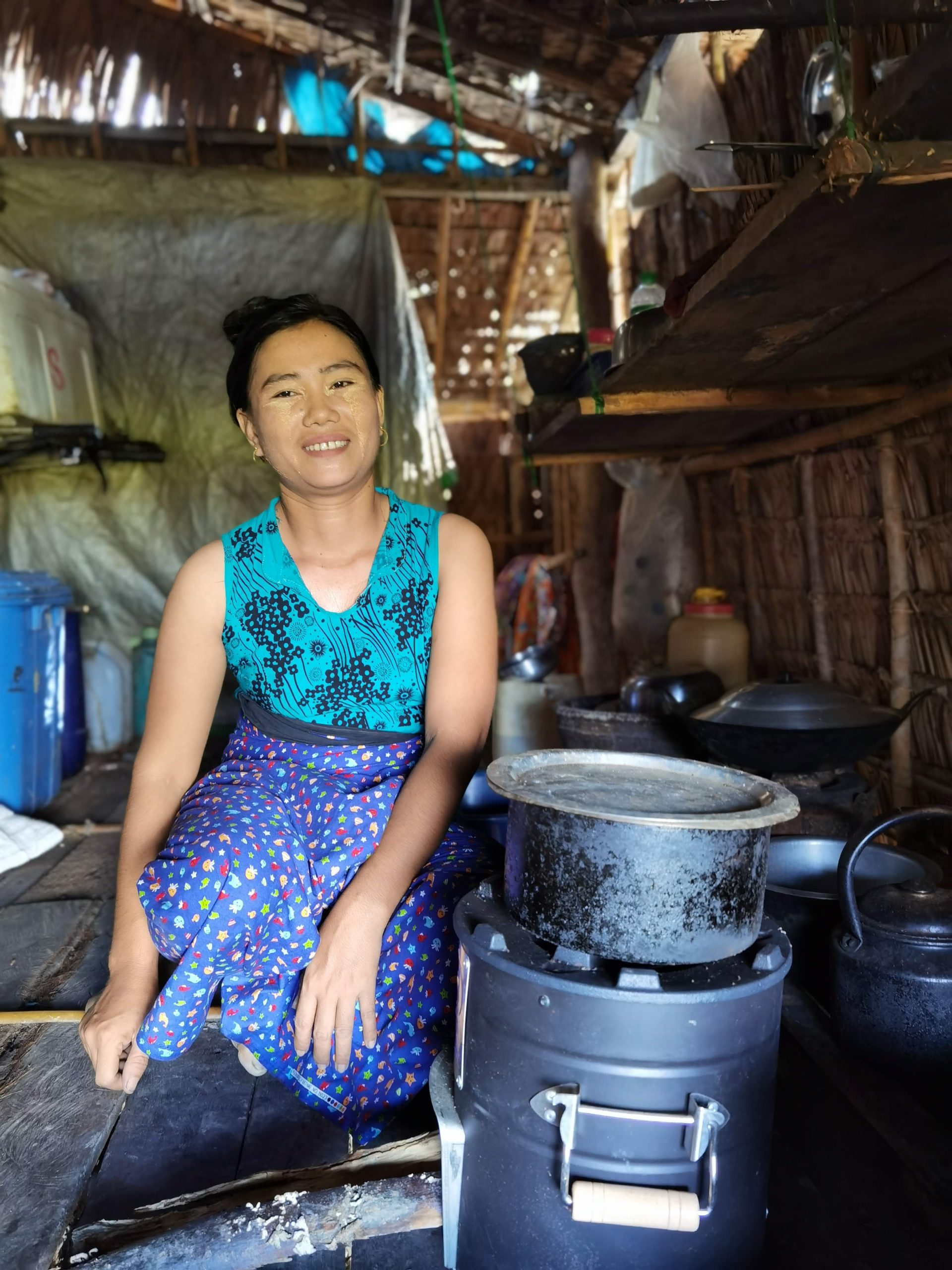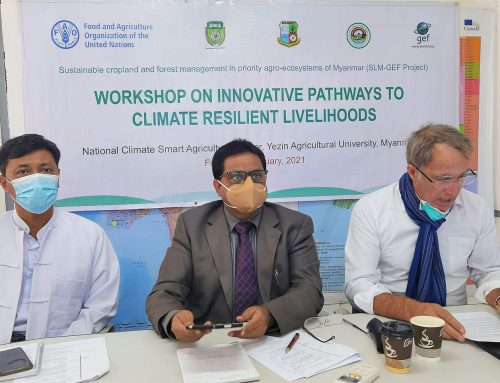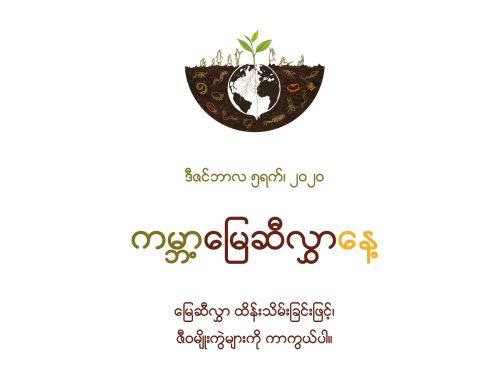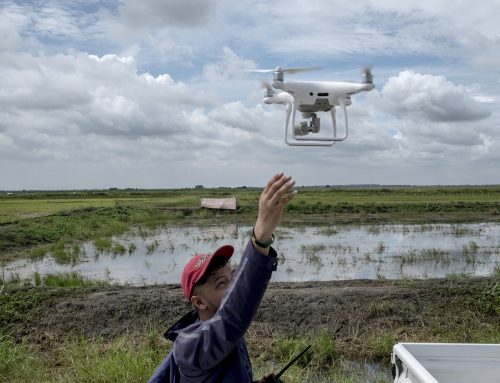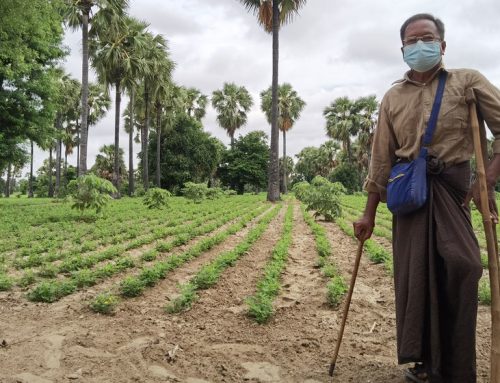A total of twenty community forestries established under the Sustainable Cropland and Forest Management in Priority Agro-ecosystems of Myanmar (SLM project) become operational. The SLM project continues its support for those community forestries by establishing nurseries and personal safety equipment and tools in Delta and distributing seedlings to those community forest user groups (CFUGs) in Central Dry Zone and Chin Hills. To support the operational capacity of CFUGs and improve the adoption of sustainable forest management practices, the project distributed eco stoves, ultra-durable wood stoves that last for years in rural environments.

The project distributed first distribution with 2,325 eco stoves in 2020 at Labutta, Nyaung U, and Kyaukpadaung townships. The initial results of the assessment of the first distribution of these eco stoves indicate that the beneficiary households are highly satisfied with the stove distribution and subsequent benefits of reducing household monthly fuelwood consumption. For some households, clean cookstoves could help reduce up to 75% of monthly fuelwood consumption.
To support the rural families who require to access the fuel and energy, FAO has been also distributing 3,900 units of Envirofit M-5000 in Nyaung U, Kyaukpadaung, and Labutta in 2021 as the second time distribution. In the rural area, there is no electricity and they need to depend on wood for cooking. Every day, they have to do logging in the forest or mangrove for the selling wood and daily cooking. This distribution of the eco stoves was made through a partnership agreement with Mercy Corps Myanmar (MC).
Daw Thet Thet Aung from Mya Yar Gone said, “This looks stronger compared to other stoves because of the metal body. Besides, the eco stove is portable and light that they can bring it to the field while they are catching shrimps, fish, or crabs.”
Greater use of these fuel-efficient stoves will also help to reduce dependence on the forest for fuel. This is helping more households in the village interested in using it as they become aware of both the economic benefit and impact of climate change and forest degradation on their daily livelihoods.

